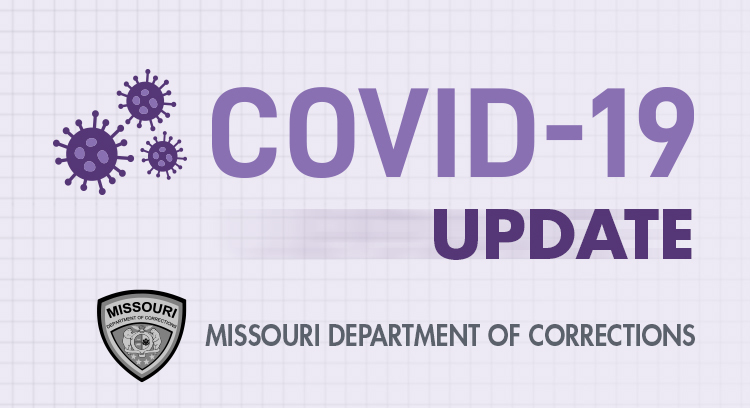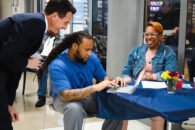JEFFERSON CITY, Mo. — Two Department of Corrections staff members in southeast Missouri have tested positive for coronavirus.
Neither of the two employees of the Southeast Correctional Center (SECC) in Charleston had contact with inmates, and every staff member who had contact with those employees is on a 14-day quarantine, Karen Pojmann, communications director for the Department of Corrections told The Missouri Times.
“All offenders are being monitored and screened, with temperature checks, and those who develop symptoms will be isolated,” Pojmann said. “All areas where the staff were present have been thoroughly cleaned.”
All SECC staff and inmates have protective fabric face coverings manufactured by the Missouri Vocational Enterprises, she said.
The department has implemented its “viral containment plan” which limits the number of interactions both inmates and staff members have.
As of Monday afternoon, more than 4,300 Missourians have tested positive for coronavirus and 114 have died. The state health department has not reported any positive cases in Mississippi County, where SECC is located, as of Monday.
One staff member at the Algoa Correctional Center in Jefferson City has also tested positive for COVID-19. However, that employee had left work several weeks prior to the diagnosis and had not had contact with other staff members or offenders, Pojmann said late last week.
Additionally, three probation and parole employees, as well as a Jefferson City office worker, have tested positive for the disease, but none work in prisons.
Pojmann said there are no cases of COVID-19 among offenders in Missouri’s prisons. In late March, the department confirmed an offender who was being monitored for a respiratory condition had tested positive for coronavirus.
The individual had been isolated in a negative airflow chamber at Western Reception, Diagnostic & Correctional Center in St. Joseph since March 4 for the respiratory issue but was admitted to a Kansas City-area hospital on March 19.
But he later tested negative for coronavirus twice and died in the hospital on April 2.
“We can’t definitively determine the cause of death because autopsies generally are not being performed on patients who have had COVID-19,” Pojmann said.
When asked about the discrepancy, Department of Health and Senior Services Director Randall Williams said the test is “very dependent on how you collect it.” He noted the test is “difficult” and the swab is supposed to be done “until it hurts.”
“You’re most infectious when you’re symptomatic so if you test at other times, you’re not going to get the same sensitivity and specificity,” Williams said.
EDITOR’S NOTE: For up-to-date information on coronavirus, check with the CDC and DHSS.

Kaitlyn Schallhorn was the editor in chief of The Missouri Times from 2020-2022. She joined the newspaper in early 2019 after working as a reporter for Fox News in New York City.
Throughout her career, Kaitlyn has covered political campaigns across the U.S., including the 2016 presidential election, and humanitarian aid efforts in Africa and the Middle East.
She is a native of Missouri who studied journalism at Winthrop University in South Carolina. She is also an alumna of the National Journalism Center in Washington, D.C.
Contact Kaitlyn at kaitlyn@themissouritimes.com.























